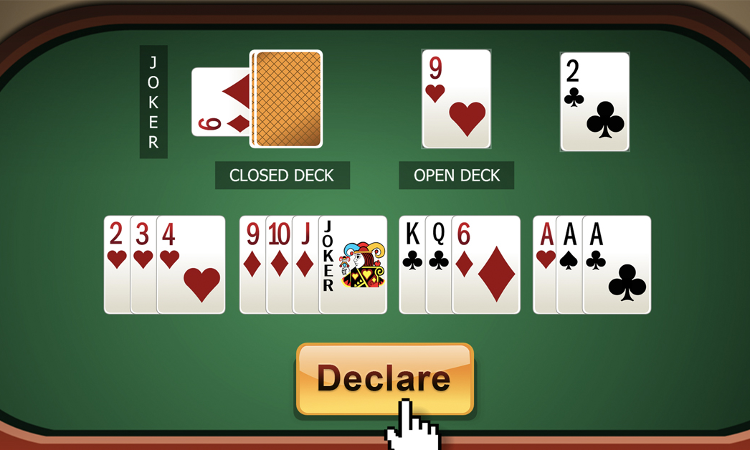'Rummy & Poker Are Games Of Skills' : Madras High Court While Striking Down Online Gaming Ban
Aaratrika Bhaumik
4 Aug 2021 10:02 PM IST

Next Story
4 Aug 2021 10:02 PM IST
The Madras High Court on Tuesday struck down the Tamil Nadu Gaming and Police Laws (Amendment) Act, 2021 which imposes a ban on playing of games such as rummy and poker on cyberspace with stakes. Section 11 of the impugned legislation also banned games of 'mere skill' if such games are played for wager, bet, money or other stake.A Bench comprising Chief Justice Sanjib Banerjee and...
